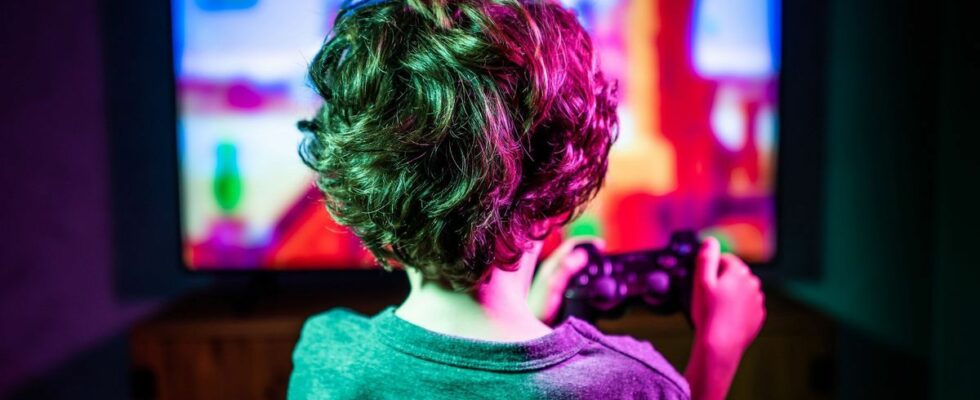Published on
Updated
Reading 2 min.
By reading alarming reports on the effects of screens on young people, many parents panic when they see their children in front of a games console. However, this hobby has positive aspects. A new study claims that video games can benefit children who are at risk of becoming dyslexic.
As a reminder, dyslexia is a disorder in learning to read. It manifests itself in difficulty identifying letters, syllables and words. The causes of dyslexia are still poorly understood, although the scientific community suspects a problem in the way visual information is transmitted and analyzed by the brain. However, we know that a child whose one parent suffers from dyslexia is 80 times more likely to suffer from this disorder.
The diagnosis of dyslexia is only definitively made once learning to read has begun in preparatory class (CP). But it is possible to identify children at risk earlier. Based on this observation, a team of Franco-Italian researchers wanted to determine whether video games could facilitate the diagnosis of dyslexia, and compensate for the cognitive deficits associated with this disorder.
To do this, the academics carried out an experiment with 20 preschool children, aged 5 to 6 years old, 79 of whom were identified as being at risk of dyslexia. They divided them into four distinct groups. The members of the first had to play the action video game “Space Invaders Extreme 2” for 45 minutes, four times a week, for a month and a half, and those of the second a series of mini-games. The children in the third group attended phonology sessions with a speech therapist, while those in the fourth did not follow any specific treatment.
The effectiveness of the different experimental protocols on children was evaluated by means of tests, which measure phonological awareness, phonological working memory and rapid naming abilities. It appeared that young people who played “Space Invaders Extreme 2” were better than others at breaking down spoken words into phonemes. In other words, they had much better phonological awareness than their little friends. Surprisingly, the researchers found that this phenomenon was still visible six months after the end of the experiment. They therefore concluded that action video games like “Space Invaders Extreme 2” had a lasting effect on children’s phonological development.
Although this study has methodological limits, it opens the way to new methods of intervention for children who are faced with learning difficulties, and who are potentially at risk of becoming dyslexic. Certain video games could help them improve the cognitive skills necessary for acquiring reading. Something to reassure parents.
